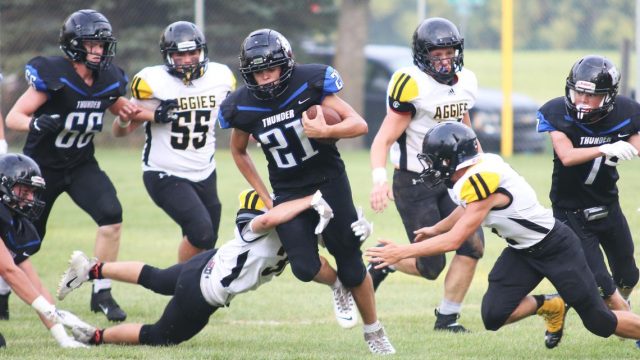What’s More Important, Classroom Time or Football Practice?

MINOT, N.D. — It’s no secret that I’m skeptical of the social value of scholastic sports, at both the K-12 and collegiate levels. I think they are an unnecessary distraction from the academic missions of the institutions that host them.
The defenders of these sports programs — without a doubt a passionate majority judging by the amount of abuse I take when I write about this subject — insist that it teaches important life lessons about discipline and leadership.
It’s popular mythology, and maybe even true in some instances, though I would argue that for many, scholastic sports are an ugly enterprise, caught up in problems ranging from the politics of playing time to obscene behavior from parents.
A recent survey of high school coaches found 60% of coaches said they’ve had to talk to parents about their behavior. Some 58% said they’ve thought about quitting over it.
Many of them are getting fed up and quitting. The National Federation of State High School Associations says 80% of high school sports officials quit before their third year on the job, and it isn’t because of all the important life lessons the kids are learning.




